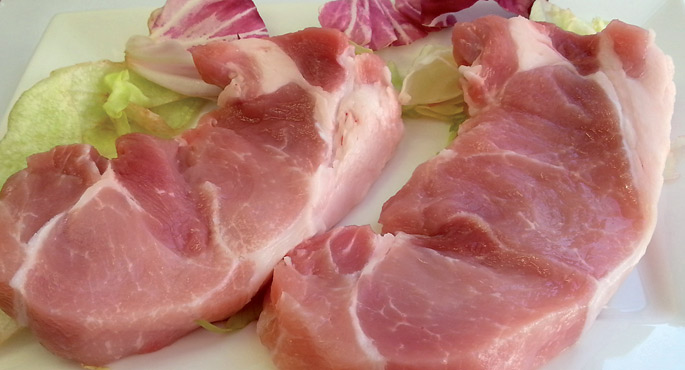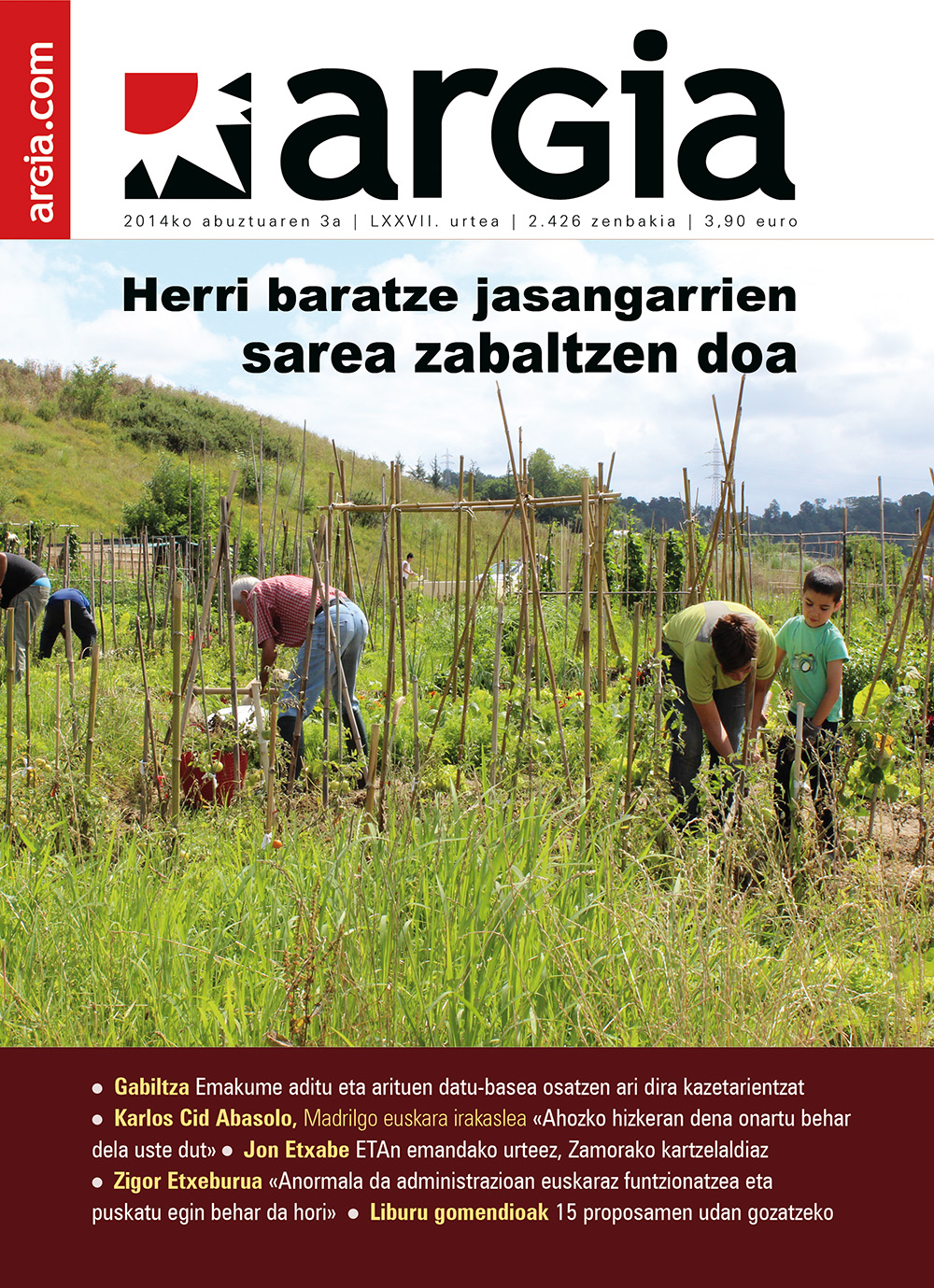Changing the “fame” of food (II)

From the identification and classification of nutrients in the 19th century, and using scientific criteria, numerous substances and ingredients have been found in food drinks, to the point of questioning and ignoring in some cases the beliefs and ideas that had been fully accepted in the previous centuries. This is the main reason for the change in prestige that has taken place in some foods over the years.
As a result of the discoveries in the field of nutrition in the twentieth century, some foods that were previously considered bad are now not so bad, and in some cases they have become beneficial. On the contrary, in recent years there have been doubts about some foods or drinks that have always been considered healthy.
Last week we talked about egg and blue fish. Let us now mention three other examples:
Coffee
Until recently, people who had raised tension were reduced to salt, alcohol and coffee. The latter was advised not to drink, thinking that it was unbearable and harmful for those suffering from heart disease. However, today it is known that coffee is rich in antioxidants – more precisely in polyphenols – and that is why it protects the body from cell oxidation and free radicals.
Experts are of the opinion that some protection can also be given against Alzheimer's and Parkinson's, who suffer from serious diseases. It is considered beneficial for headache, as well as being suitable for the heart, arteries and liver. In addition, it is estimated to reduce the incidence of diabetes. There are studies that suggest that drinking coffee increases the risk of chronic diseases, but other studies have found no relationship.
That is, after decades of research, scientists have not yet demonstrated any kind of relationship between moderate caffeine consumption and health risks. Therefore, we can continue to consume tea, coffee or other caffeinated beverages, with a little sense and a little moderation.
Pork
When cardiovascular problems and weight increases began to increase in all diets, the pig was one of the foods that was completely reduced and was always associated with inadequate fat. However, the latest studies show that this meat should be within the daily diet of all inhabitants: pork is one of the most complete types of meat, especially the muscle – barely 110 kilocalories per 100 grams, much less than others – and provides a lot of monounsaturated fat and omega 3 fatty acids, almost like fish.
Milk
It has always been a staple food as far as the food of all human beings is concerned, as it was present at breakfast, in the afternoon snack and even before bedtime. And before “inventing” the science of nutrition was consumed entirely, that is, with all fat. However, when the type of fat was identified, despite being in very small amounts, it was considered harmful and was prohibited for adults with cardiovascular problems. Although in the case of adults this ban can be considered reasonable, it is recommended that young children take all milk.
Datorren astean Departamenduko Laborantza Ganbarako hauteskundeak ospatuko dira Ipar Euskal Herrian. Frantzia mailako FDSEA eta CR sindikatuez gain, ELB Euskal Herriko Laborarien Batasuna aurkezten da, "euskal laborarien defentsa" bermatzeko.






















